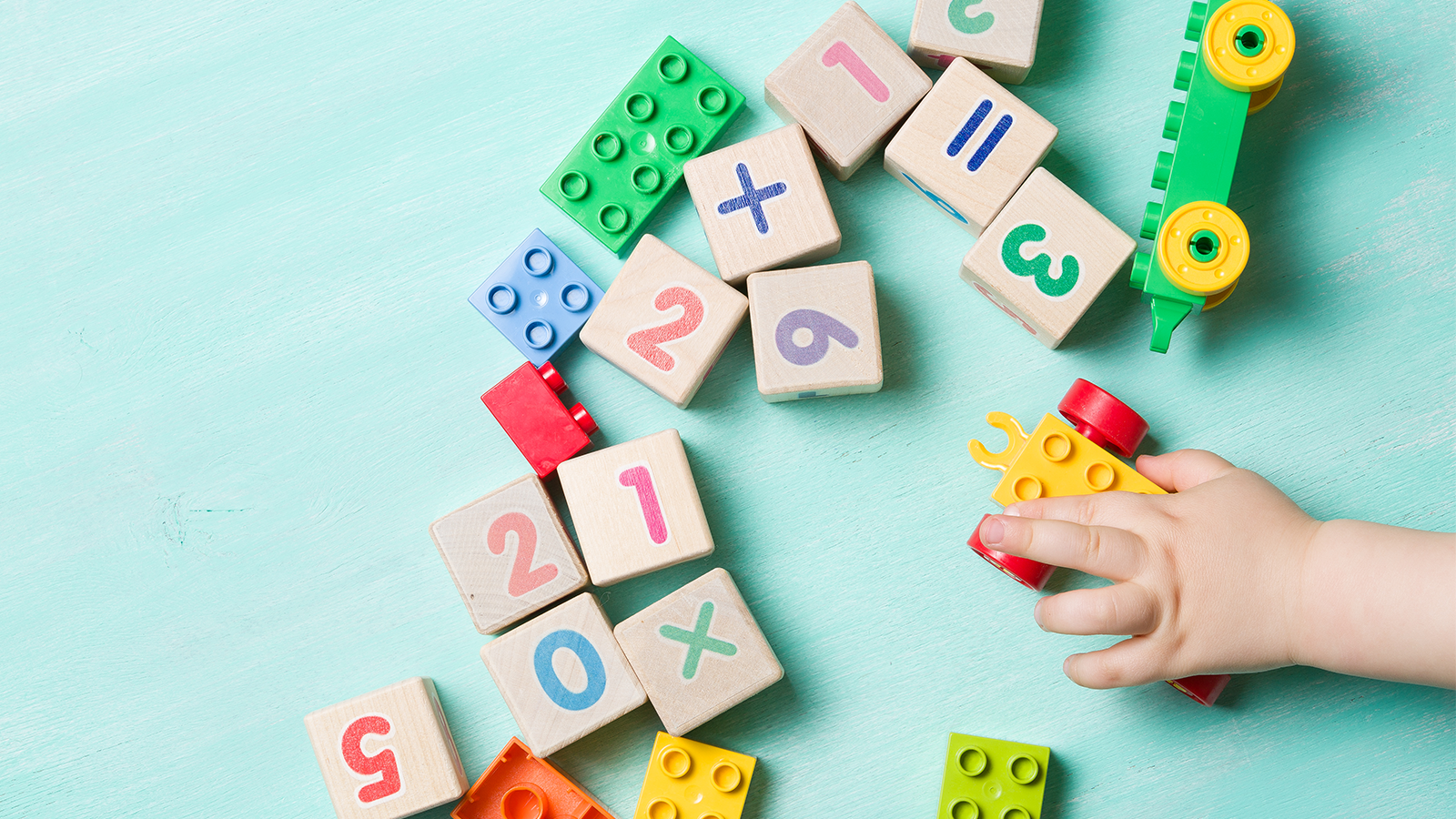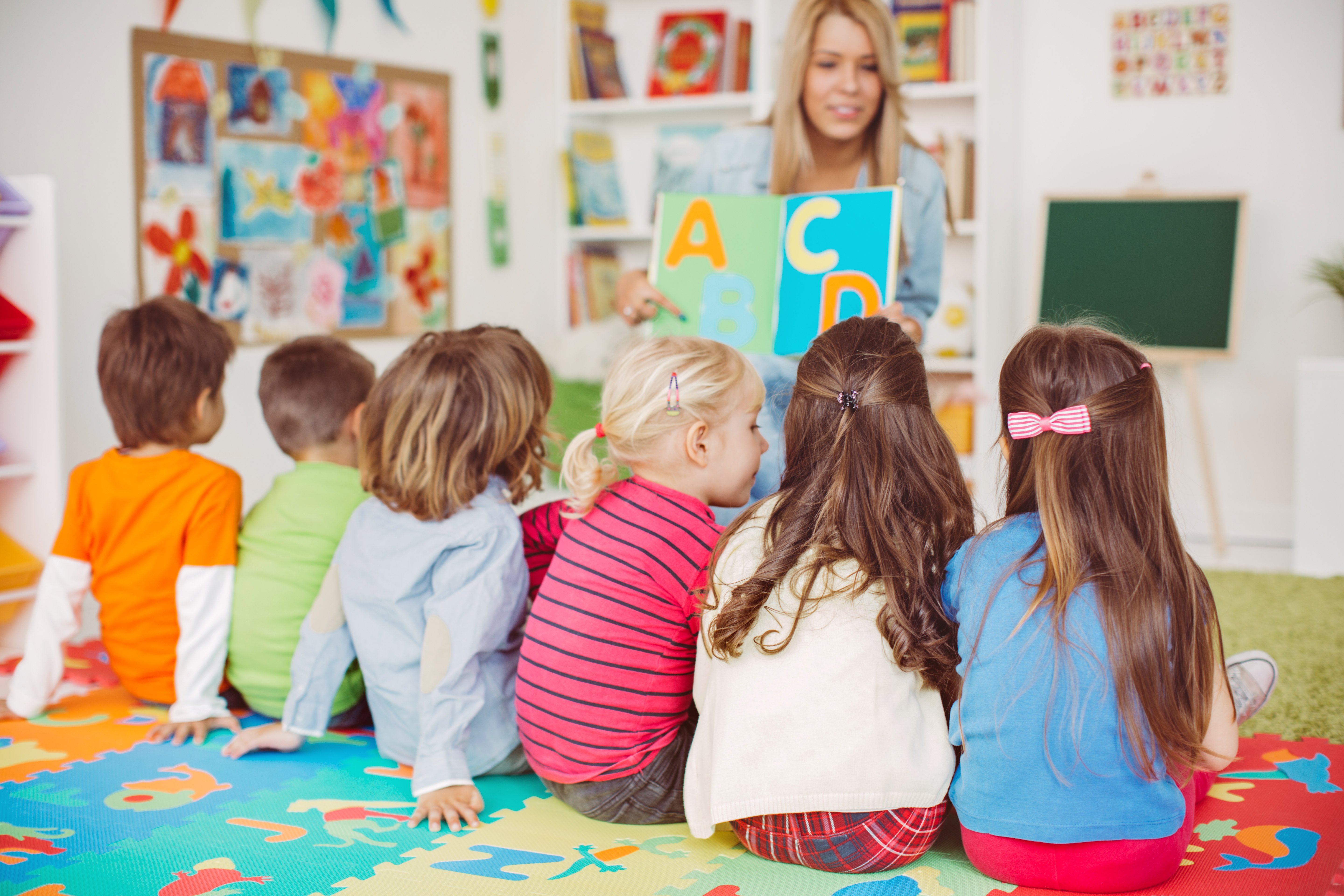
For the majority of children in the United States, formal and required schooling begins in kindergarten, at approximately age five or six. Yet research tells us that the years prior to children entering school are a cornerstone phase of development for all human beings.
The emotional, social, and physical elements in a young child’s life have a direct effect on their overall well-being and shape their future. It can also make an impact for students who may be at risk for developmental or learning disabilities. Understanding the breadth of impact that formal early childhood education programs can have is important for future generations of young learners.
Pros and Cons of Early Childhood Education
Neurological research shows that the early years play a key role in children’s brain development. A child’s early experiences—the bonds they form with their parents and their first learning experiences—deeply affect their future physical, cognitive, emotional, and social development. This correlates to a direct link in access to preschool programs and educational attainment.

However, there are critics of formal prekindergarten education who claim that the differences between children enrolled in formal preschool programs and children not receiving this education are only discernible during the first three years of K–12 schooling. After second grade, children who have not attended a preschool program test at the same level and often catch up academically. Therefore, students attending a preschool program may only be at an advantage for a couple of years, and after that, their classmates perform at similar levels.
Another major problem with the government-funded Head Start programs is that they are not readily available for children from all backgrounds. However, children can receive formal education in other ways, including day care and parent homeschooling. Many parents do not feel like a government-funded program should be required for their student and prefer to keep their children at home until formal K–12 schooling is required. Most early childhood education specialists echo a similar sentiment, claiming that the youngest learners perform best when they’re not pushed too hard and when instruction and educational activities are only a small portion of their days. Other specialists state that opportunities to socialize with peers and learn in a kind, supportive environment actually lead to better behavioral and emotional outcomes for children.
While the critics of formal early childhood education have only considered the short-term ramifications of preschool programs, children taught at an early age generally benefit in the following ways: improved social skills, less or no need for instruction due to a learning disability in the subsequent school years, better grades, and enhanced attention spans. Likewise, long-term longitudinal research found that young children enrolled in formal Head Start programs graduate from high school, attend college, have fewer overall behavioral problems, and are less likely to be involved with crime in their adolescent and young adult years.

Current Research on Formal Early Childhood Programs
Children who enroll in formal schooling beginning at kindergarten may catch up in the short term to peers who have received early childhood education, but once children reach high school, the long-term socio-emotional effects become clear. According to the Early Childhood Longitudinal Study, completed by the National Center for Education Statistics, children who received regular early care and education scored higher on fine-motor assessments, giving them an advantage in writing skills and areas of focus. Current longitudinal research confirms that graduation and college attendance rates are higher for children who began their formal schooling earlier.
Additionally, according to the National Center for Special Education Research (NCSER), preschool programs that can provide early intervention for children at risk of developmental delays or a specific learning disability are more likely to give children a chance at long-term academic success in the future. Child outcomes investigated by the NCSER cover a wide range of developmental and learning outcomes that are important to understand when considering the impact of early childhood education programs. Interventions in a formal setting can prepare young children with or at risk for disabilities an equal opportunity when they enter kindergarten. The possible outcomes include improved cognition, communication, language, social-emotional skills, behavior (including adaptive and functional behavior), physical development, and pre-academic skills (e.g., early literacy, early mathematics).

Current Trends in Early Childhood Education
With the rise in long-term research to support formal preschool programs comes the question of whether these programs should be required, fully accessible, and funded by the Department of Education. Currently, the government’s Preschool Development Grants Program represents a way to increase preschool access and program quality. It has been one of the largest investments ever made in early childhood education to date.
The U.S. Department of Education reported that “approximately one billion dollars was awarded to 18 states in December of 2014 for a four-year period to expand access to quality preschool programs for children whose families’ incomes were at or below 200 percent of the federal poverty guidelines and who reside in state designated ‘high-needs’ communities.” The results spoke for themselves and marked a change to set up socioeconomically disadvantaged students for academic success in order to close the achievement gap. These initiatives allowed local educators at the state level the ability to customize programs that deliver preschool education that meets federal standards in a way that is sustainable and academically sound. This flexibility helped maintain the interest of children, which is particularly critical in the early developmental years prior to education in a more formal setting.
However, why did less than half the states in America take advantage of these grants? The grants are extremely competitive in nature, so not all states apply for—let alone receive—them, but that could change in the coming years.
In 2018, Head Start saw an increase from $6.8 to $10.6 billion over a period of ten years. In 2018, Head Start and Early Head Start programs across the country served over one million American children from birth to five years old as well as their families. An increase in federal funding means more opportunity for additional states to authorize and mandate formal early childhood education programs for young learners. While it may be a while until we see Head Start and early childhood education programs nationwide, it is clear that a pathway to optimize the early years of children’s lives is the best investment we can make as a society to ensure their future success.
Seeking more curriculum and activity resources?
See what our professional development team can do for you!
References
“National Center for Special Education Research (NCSER) Publications.” Institute of Education Sciences (IES), a part of the U.S. Department of Education. National Center for Special Education Research (NCSER). Accessed October 2020. https://ies.ed.gov/ncser/pubs/.
“Preschool Development Grants Program.” Home. US Department of Education (ED), January 21, 2020. https://www2.ed.gov/programs/preschooldevelopmentgrants/index.html.
“History of Federal Funding for Child Care and Early Learning.” Bipartisan Policy Center. Accessed October 2020. https://bipartisanpolicy.org/explainer/history-of-federal-funding-for-child-care-and-early-learning/.
Monet Hendricks is the blog editor and social media/meme connoisseur for Social Studies School Service. Passionate about the field of education, she earned her BA from the University of Southern California before deciding to go back to get her master’s degree in educational psychology. She currently attends the graduate program at Azusa Pacific University pursuing advanced degrees in school psychology and Applied Behavior Analysis. Her favorite activities include watching documentaries on mental health and cooking adventurous vegetarian recipes.
I love that you mentioned that early childhood education can provide early intervention for kids at risk of a developmental disease. My son is turning 3 and I am hoping to enroll him in a preschool so he can start learning early. I think that educating little kids is so important for their future growth. https://cefa.ca/albert-subsidized-child-care/
Research shows quality early education is extremely valuable in the first five years of a child’s life, as it lays a foundation for a lifetime of learning.
Thank you for pointing out that these initiatives allowed local educators at the state level the ability to customize programs that deliver preschool education that meets federal standards in a way that is sustainable and academically sound. I care a lot about my daughter’s social development, so I’m considering enrolling him in preschool this year. I’m going to search for a reputable preschool in the area that he can attend. https://edenprairiemontessori.com/montessori-programs/preschool-casa/